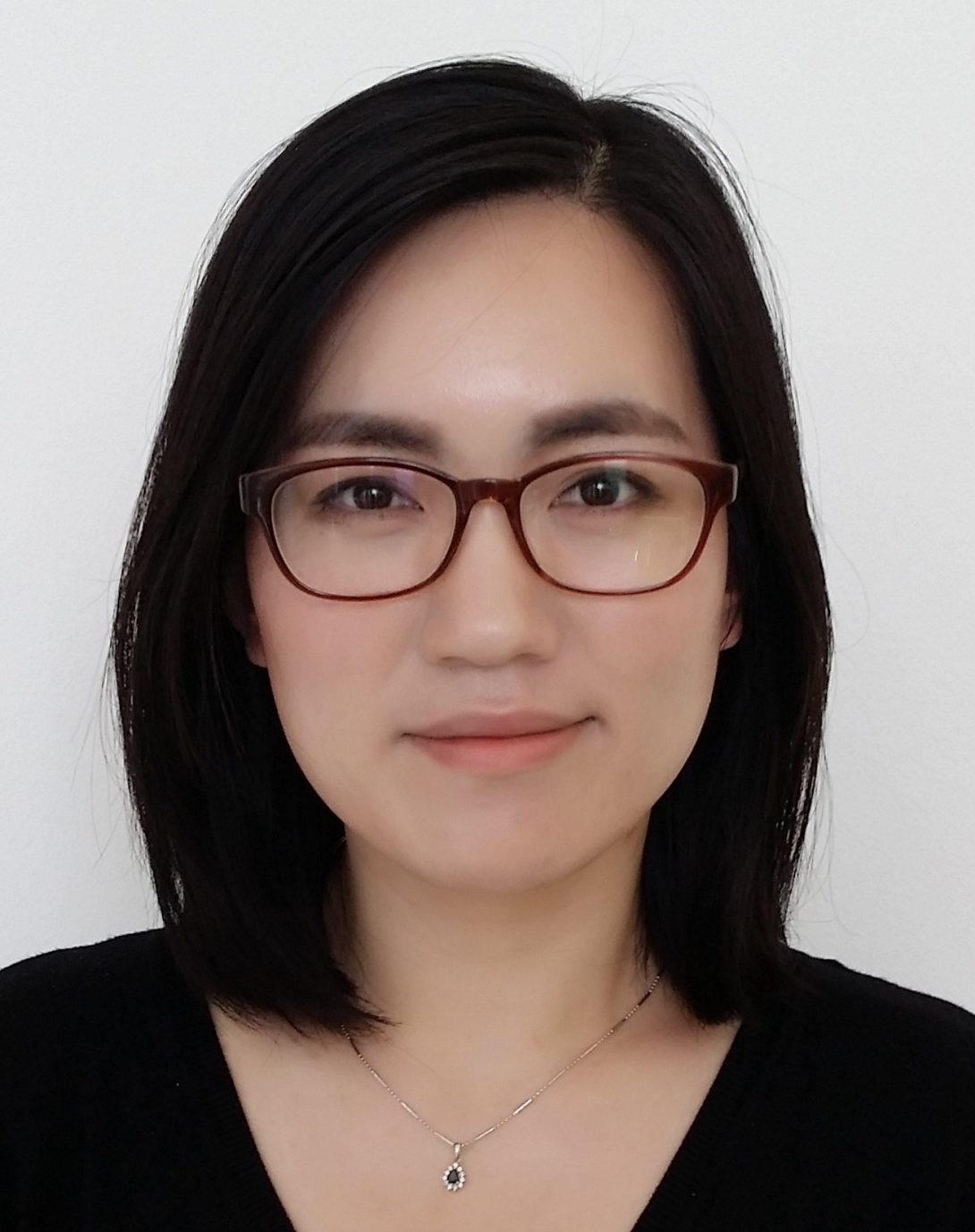Lina He, Shiwen Yu receive Best Paper award
Lina He, Shiwen Yu receive Best Paper award

Assistant Professor Lina He and her doctoral candidate Shiwen Yu received a 2024 Best Paper award from the IEEE Power and Energy Society for developing a novel control strategy for power distribution grids incorporating renewable energy sources.
Their paper, Systematic Decoupling Grid-Forming Control for Utility-Scale Inverter-Based Distributed Energy Resources in Weak Distribution Grids, was published in the January 2024 IEEE Open Access Journal of Power and Energy and was selected as one of the two best papers published in the prestigious journal over a three year period, between October 2021 and September 2024.
Their project aims to significantly enhance the dynamic response and stability performance of a power grid that incorporates distributed energy resources such as renewables.
Existing grid services primarily rely on traditional synchronous generators, ensuring stable grid voltages and frequencies that are crucial for the reliability and resilience of the electric power grid. In contrast, renewables, exhibiting different characteristics and dynamics, employ power electronic inverters to connect to power grids.
In distribution grids, commercial control systems for power electronics inverters integrating renewables rely on the active power-frequency and reactive power-voltage droop mechanisms that were originally designed for highly inductive transmission grids. However, these control systems cannot provide independent and accurate frequency and voltage regulation in weak distribution grids, where active power and reactive power are highly coupled due to their resistive network characteristics. This results in poor inverter control performance and increased instability.
The widespread deployment of power electronics inverters reduces grid inertia, weakening system strength and making it more vulnerable to voltage instability and frequency oscillations. In weak transmission grids, these instability issues increase the risk of widespread power outages and equipment damage.
He and Yu propose a novel, comprehensive, and systematic decoupling grid-forming control scheme for utility-scale inverter-based distributed energy resources from a system perspective. Different from traditional power electronics control, which treats the power system as a linear circuit consisting of an ideal voltage source in series with a constant impedance, their approach considers the inherent coupling characteristics of the entire distribution grid. It can effectively address the true power-reactive power coupling challenge in resistive networks, enabling independent, accurate, and autonomous frequency and voltage regulation. This technique can significantly enhance stability and dynamic performance, especially for weak distribution grids and microgrids.
“This proposed control strategy offers several advantages,” He said. “It offers easy commercialization and market promotion due to its simple and robust circuit design; provides a unified grid-forming controller for distributed energy resources; and eliminates the need for communication links between distributed energy resources, reducing costs, and minimizing the risk of cyberattacks.”
He is the director of the Power Energy Innovation laboratory in the ECE department at UIC. Prior to joining UIC in 2018, He was a senior consultant and project manager with Siemens. She is currently seeking fully funded PhD candidates and postdocs to join her lab, particularly those with a strong background in power systems, power electronics, and machine learning.